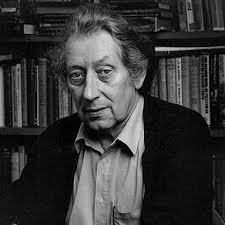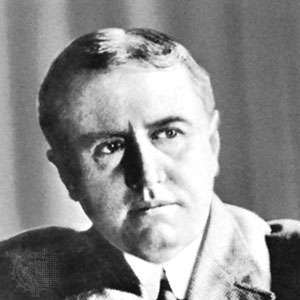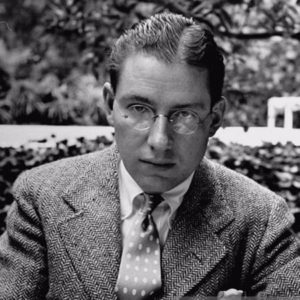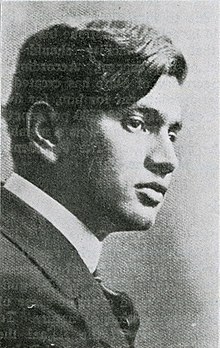We have decided to create the most comprehensive English Summary that will help students with learning and understanding.
The Rebel Summary in English by D. J. Enright
The Rebel by D. J. Enright About the Poet
| Poet Name | D. J. Enright |
| Born | 11 March 1920, Royal Leamington Spa, United Kingdom |
| Died | 31 December 2002, London, United Kingdom |
| Genre | Poetry, fiction, essays |
| Education | North Leamington School, Downing College |

The Rebel Summary in English
A rebel is a person who always disagrees with you. He likes to do the opposite of what ‘ everyone loves to do. When everyone has short hair, the rebel sports long hair. When everybody lets his hair grow long, the rebel cuts his hair short. When others in the class s-talk, the rebel keeps silent. But when others are all quiet, the rebel breaks this silence. When other boys go to school in uniforms, the rebel puts on colourful clothes.
When other boys are in fancy dress, the rebel’s dress is simple. If others are dog lovers, the rebel prefers cats. But in the company of cat lovers, he praises dogs. When everybody longs for sunlight, the rebel longs for rain. When others go to the meeting, the rebel stays at home and reads books. When everybody agrees, the rebel disagrees. The rebels are necessary because they help us look at life differently. But this practice will not suit everyone.
The Rebel Summary in Hindi
विद्रोही वह होता है जो आपसे सहमत न हो। वह हमेशा जो दूसरे लोग करते हैं उसके विपरीत करना पसंद करता है। जब सभी छोटे बाल रखते हैं तो विद्रोही बड़े बाल रखता है। जब सभी बड़े बाल रखते हैं तो विद्रोही छोटे बाल करा लेता है। जब वर्ग के सभी बच्चे बातें करते हैं विद्रोही चुप रहता है। लेकिन जब सभी शांत रहते हैं तो वह शोर मचाता है। जब अन्य सभी स्कूल ड्रेस पहनते हैं तो विद्रोही रंगीन (फैंसी) कपड़ों में होता है। जब सभी रंगीन फैंसी कपड़े पहनकर आते हैं तो विद्रोही साधारण ड्रेस पहनकर आता है। जब सभी कुत्ते को पसंद करते हैं तो विद्रोही बिल्ली को पसंद करता है। परन्तु बिल्ली पसंद करने वालों के बीच विद्रोही कुत्ते की प्रशंसा करता है। जब लोगों को धूप की इच्छा होती है तो विद्रोही वर्षा की इच्छा करता है। जब अन्य सभा में जाते हैं तो विद्रोही घर में किताबें पढ़ने बैठ जाता है। जब सभी सहमति जताते हैं तो विद्रोही असहमत हो जाता है। विद्रोहियों की भी हमें जरुरत है क्योंकि वे हमें जीवन का एक अलग नजरिया पेश करते हैं। लेकिन ऐसी बात हर किसी को अच्छी नहीं लगती।



